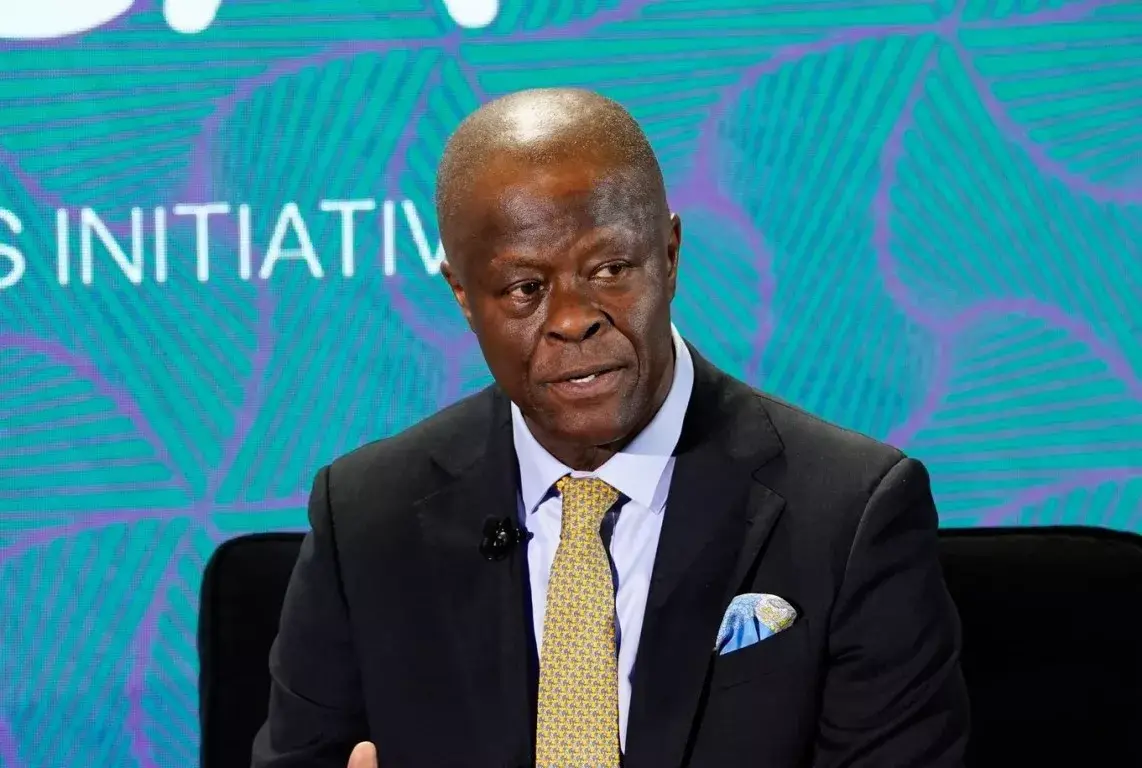
The Federal Government of Nigeria has unveiled the Federal Treasury Receipt (FTR), a landmark digital reform designed to eliminate revenue leakages and enhance fiscal transparency across government accounts.
The FTR provides a single, standardised, and digitally verifiable proof of all payments made into federal government accounts. This means every receipt issued by government agencies will be matched against actual funds received by the Treasury, closing loopholes that have long undermined accountability in revenue collection.
How It Works: Integration Within a Digital Revenue Ecosystem
The launch coincides with the rollout of the Central Billing System (CBS), which standardises the pricing and billing for government services nationwide. Both initiatives form parts of the broader Revenue Optimisation and Assurance Platform (RevOp), an integrated digital ecosystem activated on August 1, 2025.
RevOp enables real-time visibility and automated reconciliation of revenues flowing from ministries, departments, and agencies (MDAs) into the Treasury. The Finance Ministry describes it as a system that will “ensure every naira due to the Federation is captured, reconciled, and accounted for.”
Expected Benefits and Fiscal Impact
If successfully implemented, the FTR and its associated platforms could significantly reshape Nigeria’s fiscal landscape by:
- Minimising unrecorded revenue inflows through digital receipts and stronger audit trails
- Boosting public trust with transparent payment verification, encouraging voluntary tax compliance
- Expanding the tax base and improving collection efficiency, critical given Nigeria’s tax-to-GDP ratio of less than 10%
- Creating fiscal space to increase investments in infrastructure, education, and healthcare
- Reducing Nigeria’s overdependence on oil revenues
The International Monetary Fund (IMF), in its 2025 consultation report, underscored the urgent need for Nigeria to strengthen digital oversight and broaden its revenue streams goals directly targeted by the FTR–CBS–RevOp initiative.
Building on Past Reforms
The Federal Treasury Receipt builds on prior reforms such as the Treasury Single Account (TSA) launched in 2015, which consolidated government funds but did not fully address payment verification or service pricing challenges.
While subsequent tax reforms improved collections modestly, Nigeria has struggled with compliance issues and manual revenue leakages challenges the new digital ecosystem aims to overcome.
Pilot Phase and Road Ahead
The Ministry of Finance has initiated a 30-day pilot involving ten federal agencies to test compliance, infrastructure readiness, and stakeholder adoption. A nationwide rollout will follow pending successful evaluation.
This digital reform aligns with the upcoming launch of the Nigeria Revenue Service (NRS) in January 2026, which will centralise revenue administration.
Despite optimism, concerns remain about whether all MDAs will fully adopt the FTR and whether Nigeria’s existing ICT infrastructure can support the demands of real-time, nationwide revenue tracking.


